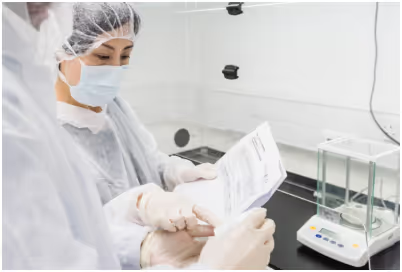Professor McLean - Professor Emeritus of Toxicology
Professor Andre McLean studied medicine at Oxford and University College Hospital. While still at Oxford he did research on dietary trace elements with the Nutrition pioneer, Dr Hugh Sinclair. He continued this work while a student at UCH. After qualification and house jobs at the hospital, he went on complete a PhD, on pathology, nutrition and biochemistry.
Professor McLean then joined the Medical Research Council team working on infant malnutrition in Jamaica, doing laboratory, bedside and epidemiological work. After spending time at Chicago Medical School with Professor JD Judah, he returned to the Medical Research Council, at the Toxicology Research Unit in Carshalton. There he showed that a number of chemicals such as carbon-tetrachloride cause cell damage because metabolism by the P450 group of enzymes leads to generation of reactive metabolites, and this process was powerfully influenced by nutritional state. This was contrary to accepted views of the time. It was part of a revolution in thinking in Toxicology, bringing together biochemistry pathology and physiology to the understanding of the adverse effects of substances.
He returned to UCH as a senior lecturer, and then Professor, and set up a laboratory to study why some substances were highly toxic, and what factors alter toxicity and cell injury. This led to the successful introduction of methionine as treatment of Paracetamol overdose.
Professor McLean was asked to serve on the Government Committee concerned with regulation of Pesticides, and then on Committee on Safety of Medicines. He became a member and then chair of the UCH committee on Ethics of Research with Humans. He was elected Chairman of the British Toxicology Society, and served on other committees, as well as continuing with teaching and laboratory research.
Some of Professor McLean's most important peer-reviewed publications include:
McLean AE. Intracellular potassium in dietary liver necrosis. Nature 1960;185:936.
McLean AE. Hepatic failure in malnutrition. Lancet 1962 Dec 22;2:1292-4.
McLean AE. McLean E, Judah JD. Cellular necrosis in the liver induced and modified by drugs. Int Rev Exp Pathol 1965;4:127 57.
McLean AE. Enzyme activity in the liver and serum of malnourished children in Jamaica. Clin Sci 1966;30(1):129-137.
McLean AE. McLean E.K. The effect of diet and 1,1,1-trichloro-2,2-bis-(p-chlorophenyl) ethane (DDT) on microsomal hydroxylating enzymes and on sensitivity of rats to carbon tetrachloride poisoning. Biochem J 1966;100(2):564-571.
McLean AE. Williams E, Greaves MA. The need for risk benefit analysis of toxic substances in tropical countries. In: Toxicology in the Tropics, edited by Smith RL, Bababunmi EA. London: Taylor and Francis 1980:254 63
McLean AE. Assessment and evaluation of risks to health from chemicals. Proc R Soc Lond A 1981;376:51 64
McLean AE. Is enzyme induction good for you? A problem of epidemiology and toxicology. Hum Toxicol 1988;7(5):419 22.
McLean AE. The effectiveness of multi species carcinogenesis testing. In: The carcinogenicity debate, edited by McAuslane JA, Lumley CE, Walker SR. Lancaster: Quay Publishing, 1992:121 8
McLean AE. Toxicology and safety assessment. In: Textbook of Pharmaceutical Medicine, edited by Mann RD, Rawlins MD, Auty RM. Lancaster: Parthenon Press 1993:95 110.
McLean AE. How to satisfy a research ethics committee. Europ J Clin Res 1994;6:108 12.
McLean AE. A calculation of the starting dose for human exposure to a monoclonal antibody TGN1412. Proc Br Tox Soc Sept 2006 Toxicology















.avif)
